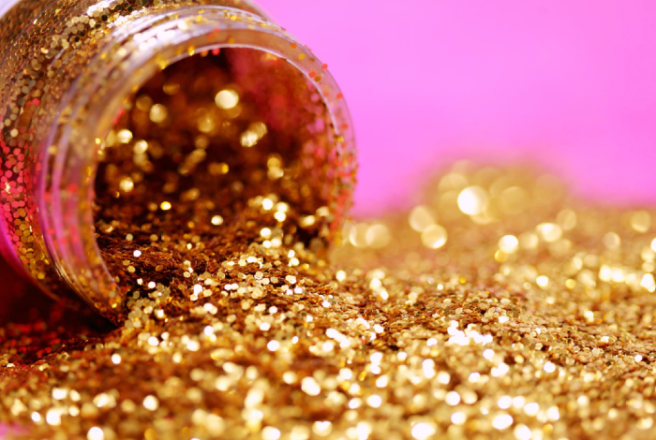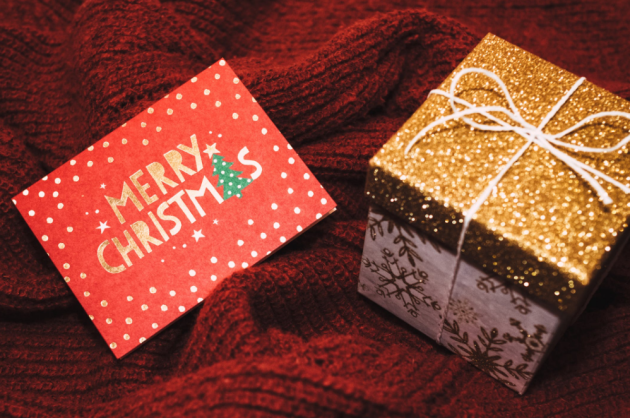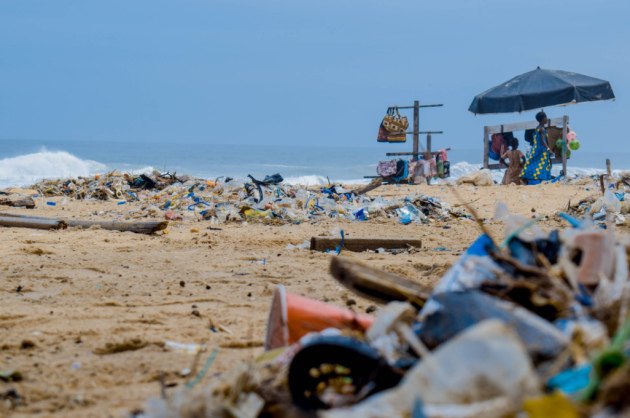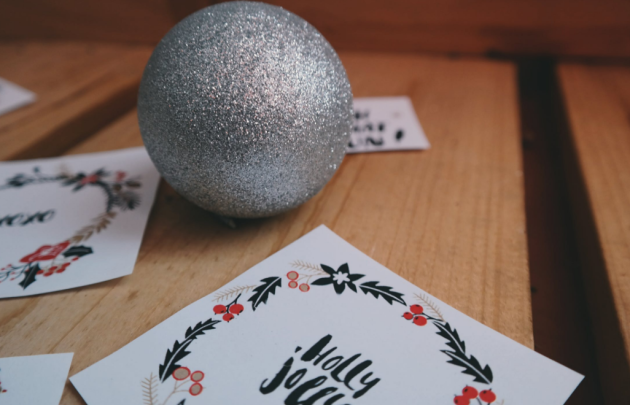
This popular retailer has BANNED glitter from their Christmas cards
With concern about microplastics growing worldwide, we're not surprised that retailers are finally taking notice about the damage to the environment.
Popular retailer Marks & Spencer have joined the eco-effort by banning glitter from this year's Christmas cards, wrapping paper, crackers and calendars.
The brand is aiming to be 100 percent glitter-free by the end of 2019 after testing a biodegradable alternative to glitter on plants and flowers.

The worry about single-use plastics such as straws, water bottles, takeaway cups and microplastics (tiny particles that cause huge pollution) has significantly risen after the prominence of environmental documentaries, school strikers like Greta Thunberg and consistent climate breakdown disasters.
Glitter is usually created from etched aluminium bonded to polyethylene terephthalate, a form of microplastic that can end up in the sea.
The guess is that up to 50 tonnes of microplastic particles have accumulated in the ocean, according to The Guardian.

According to campaign group 38 degrees, up to a third of fish caught in the North Sea contained microplastic particles, including glitter.
M&S’s action on glitter and plastic is following eco-crackdowns by brands like Waitrose and Tesco, who are switching to plastic-free ranges or environmentally-friendly alternatives.
Aldi is scrapping plastic glitter from their 2019 Halloween range, and even Strictly Come Dancing is banning glitter from their programme. Music festivals and playschools are also taking action.

M&S is now providing recyclable Christmas stationary designs and minimal use of foil for festival sparkle.
Most of its boxed cards have also switched from plastic to card packaging, which is saving almost 50 tonnes of plastic.
1,000 tonnes of plastic packaging from across the business have been scrapped, and M&S aims to ensure all its packaging is widely recyclable by the end of 2022.






